Throughout the years, the Royal Family has put a variety of British vehicles to work as Royal steeds – but none have been fitter-for-purpose than the first-generation Range Rover, retrospectively referred to as the Range Rover Classic. In tribute to this stalwart of British heritage, we held our very own late-autumn trooping the colours ceremony in Hyde Park, one of the UK’s eight Royal parks. Our subject: a four-door Range Rover still wearing its original (and rather rare) Balmoral Green paintwork – the same colour Prince Charles specified for one of his Royal Rangies.
A Range of Royal duties
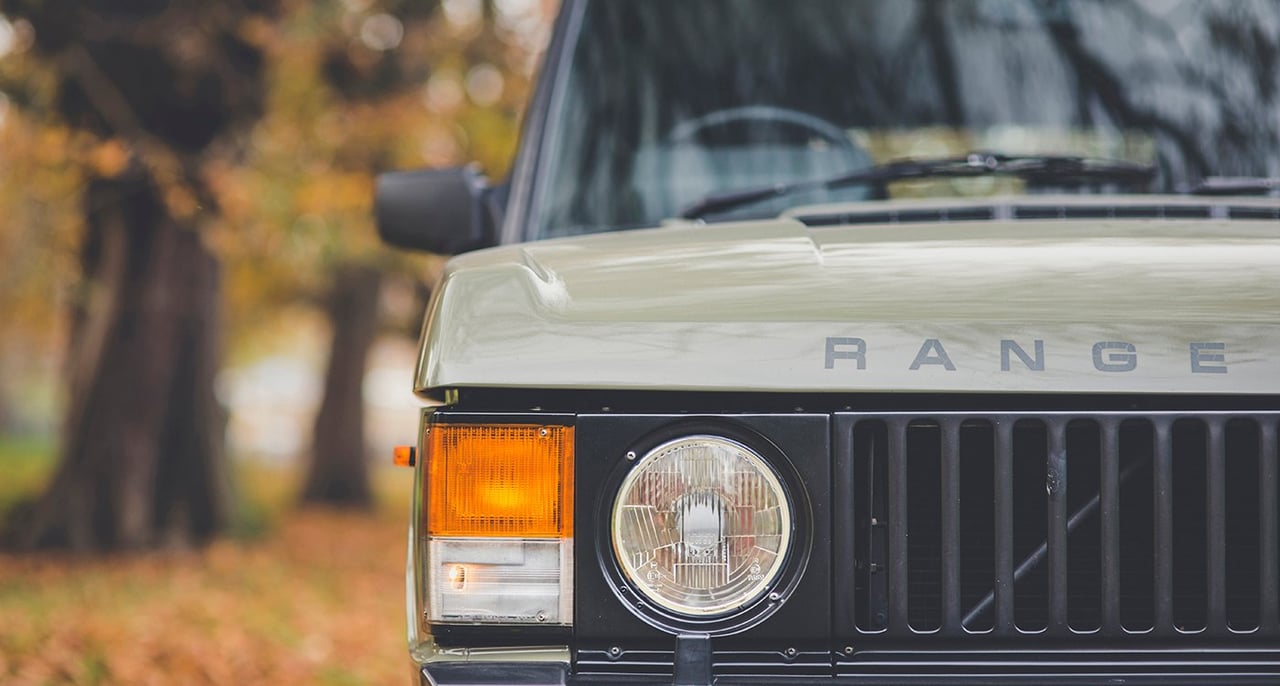
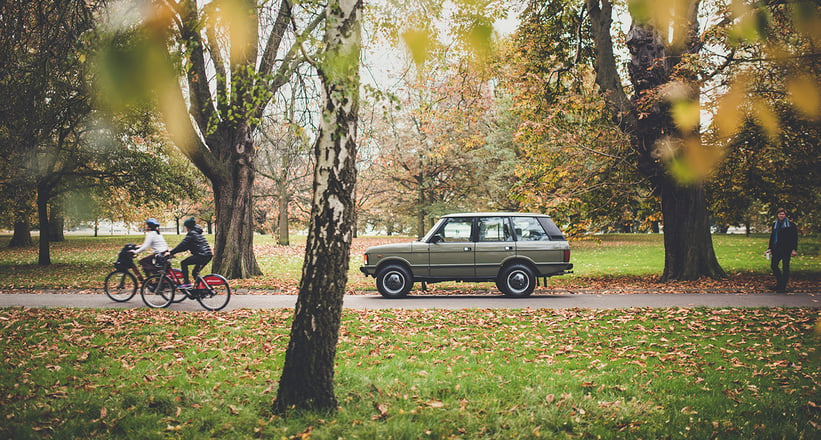
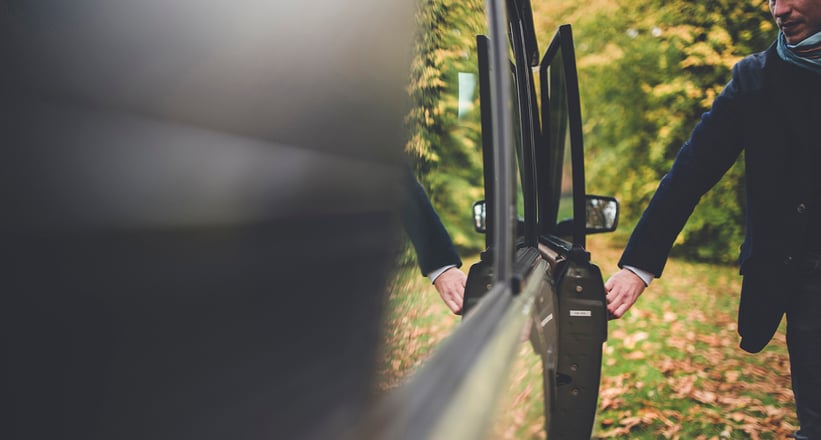
As explored in a previous Classic Driver feature, the Royals used Range Rover Classics to fulfil a number of duties over the years, whether visiting the Grand National or an African game reserve. The go-anywhere-in-style nature of the cars, along with their simple yet iconic design and status-symbol personas, meant they ticked all the boxes on the Royals’ (rather lengthy) list of requirements – thanks in no small part to Roger Crathorne, whose crucial development work on the car was just one of the highlights in a glorious five-decade career at Land Rover, which came to a close with his retirement last year.
Right place, right time
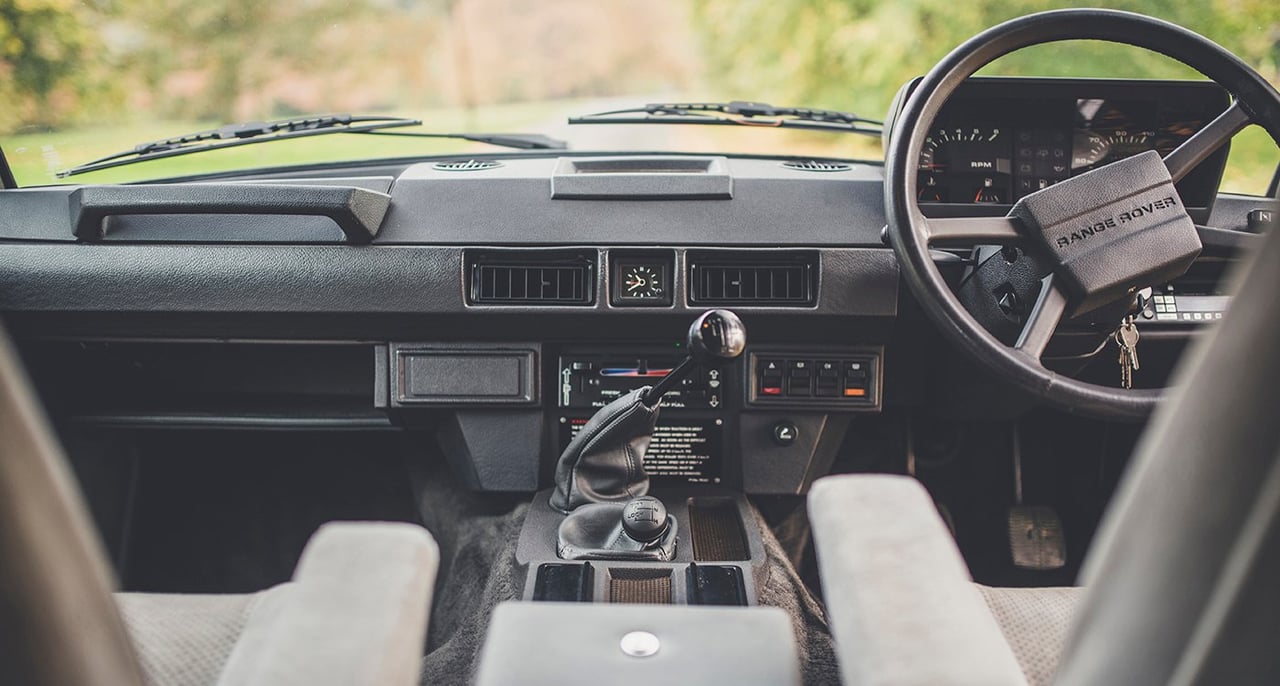
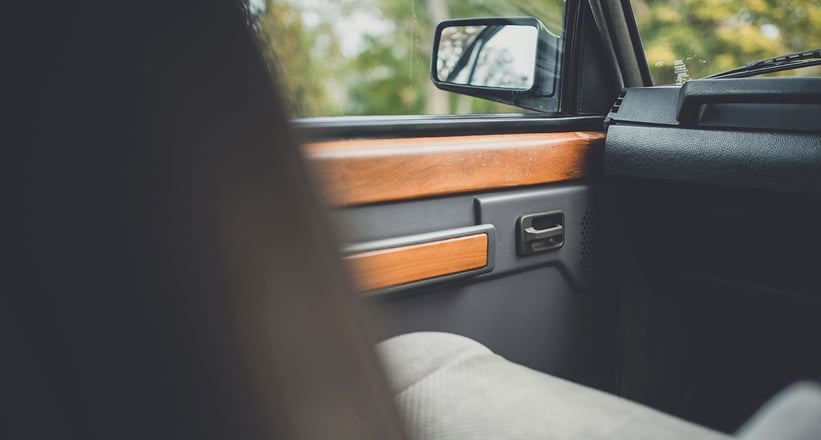
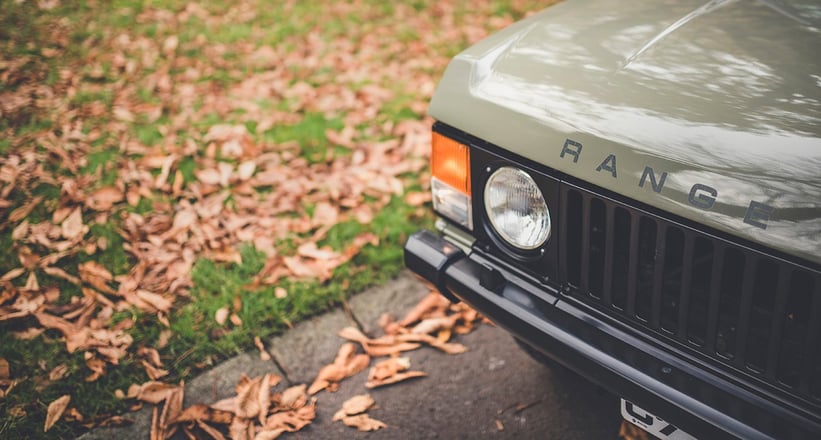
“Luckily, just as I qualified as an engineer, it happened to be the time that the team was being selected to develop the Range Rover,” Crathrone recalls. “I was the youngest member of the team, so I couldn’t believe my luck. Suddenly, experimental parts started arriving for a vehicle that was internally known as the Alternative Station Wagon – this was long before the ‘100-inch Station Wagon’ or ‘Velar’ codenames had been coined. From then until 1972, I was part of the team developing the Range Rover; a few years later, we began work on the Defender replacement… a project you might have noticed is still ongoing.”
50 (or so...) shades of green

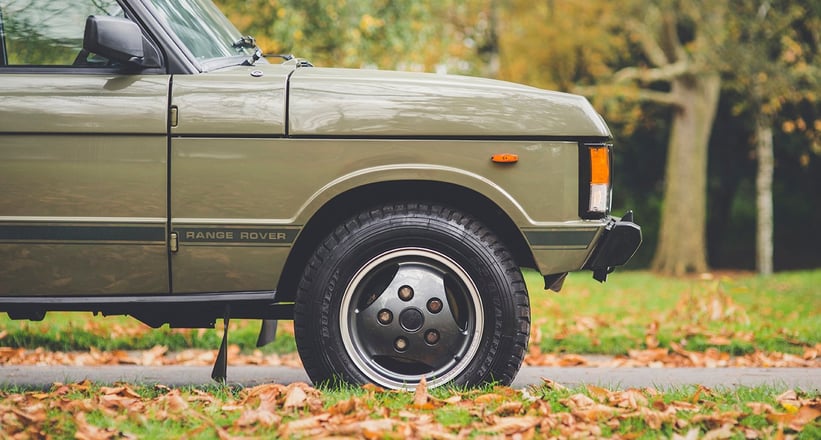
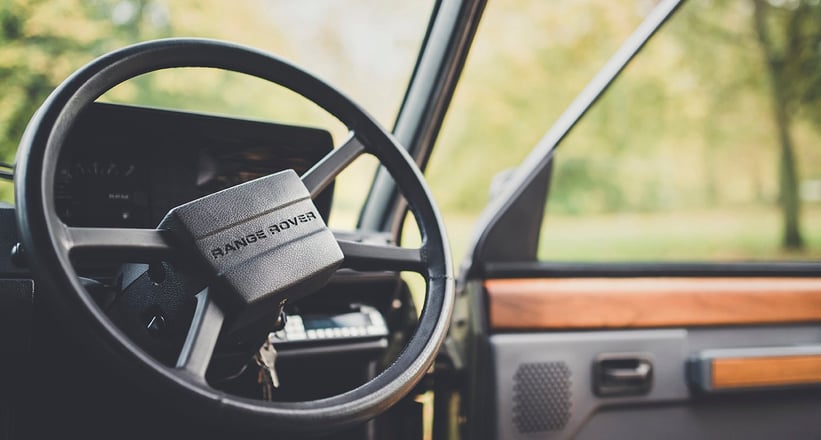
As regal and exclusive as our Balmoral Green example with its contrasting decals and subtle side-stripe might appear, the Royal Family by no means restricted themselves to a single shade, as Crathorne remembers vividly. “They generally went with whatever colour was around at the time, as long as it was green. There was a variety of hue variations and name changes for the colours over the years – as well as Balmoral Green, we also had shades named after the Windsor and Eastnor Castles, and the Ascot racecourse. When we held the first preview events in 1970, the team responsible for supplying cars to the Royal Family suggested the Queen should have a Range Rover straight away. When the aide-de-camp came to visit the factory to look at the car for the first time, the only one we had available was a Masai Red version – he immediately said there was no way the Queen would drive a bright red car. We had to get it resprayed Lincoln Green, which was the green of the day.”
The Queen’s touch
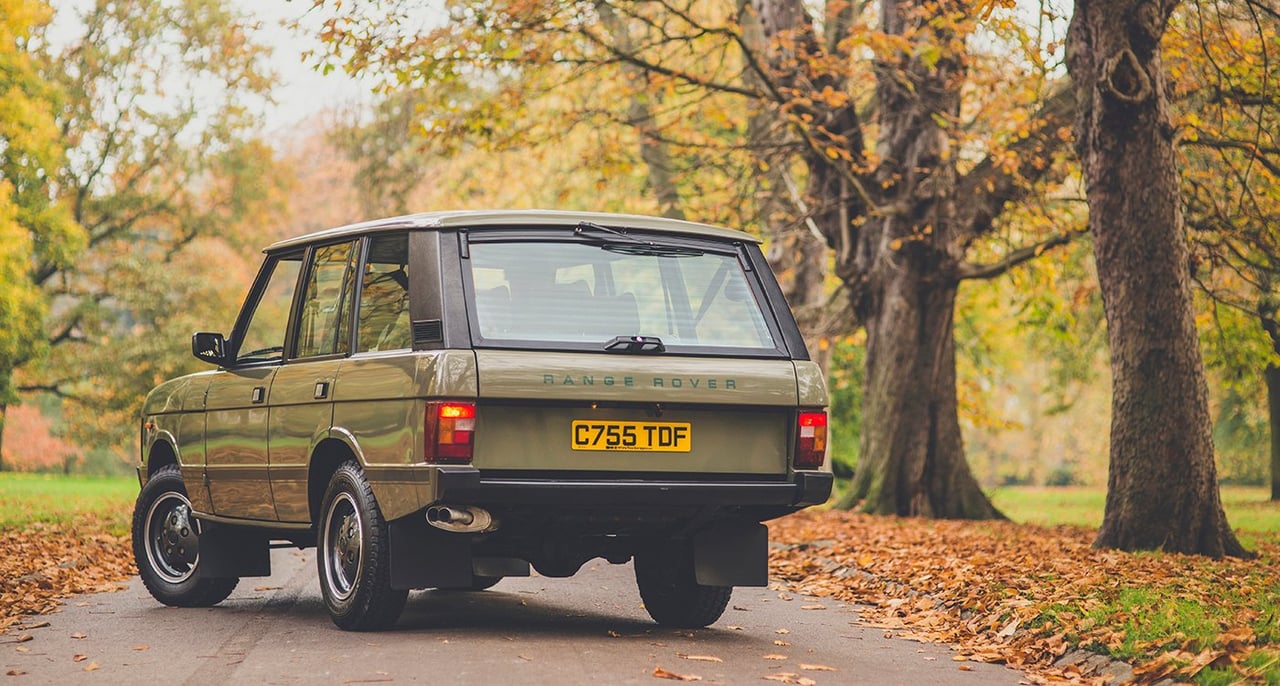
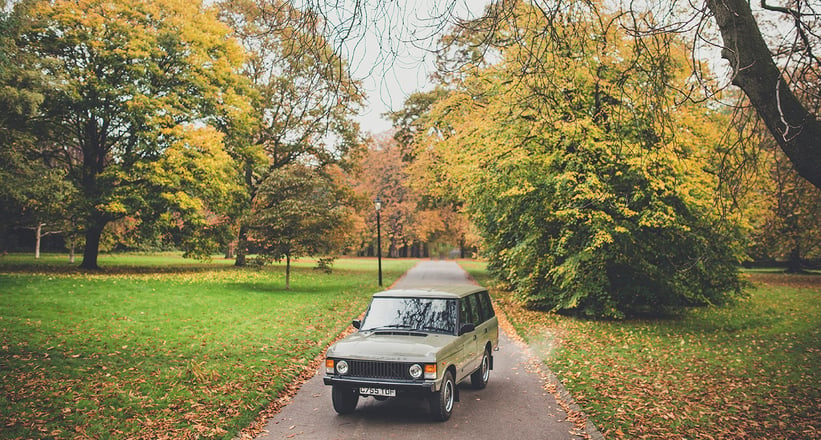
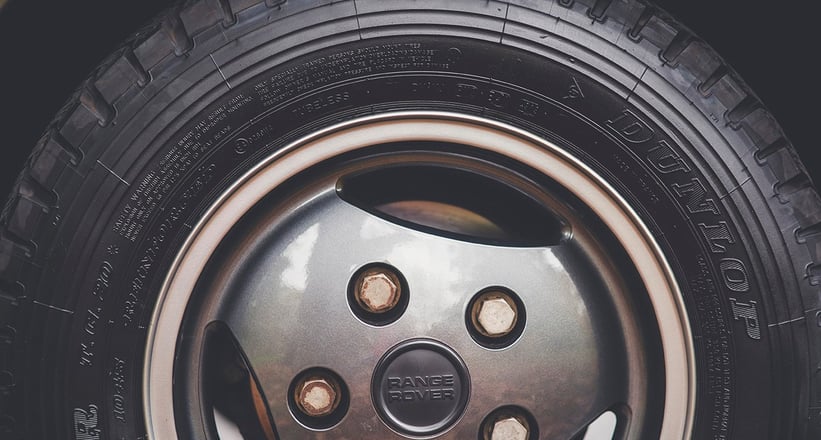
However, the regal influence on the Range Rover wasn’t limited to its colour palette, as Crathorne recalls. “When the ADC looked around the car in more detail, he noticed the tools were exposed in the boot; he said there was no way they could be left like that, as one of the Queen’s corgis might get injured if one of the tools slid into it. We ended up making a cover for the tools, and that was a feature we incorporated into all customer cars once full production began.” As such, one could say even the most humble Range Rover Classics had the Queen’s touch, however indirect her role in the design process might have been.
Loyal servant
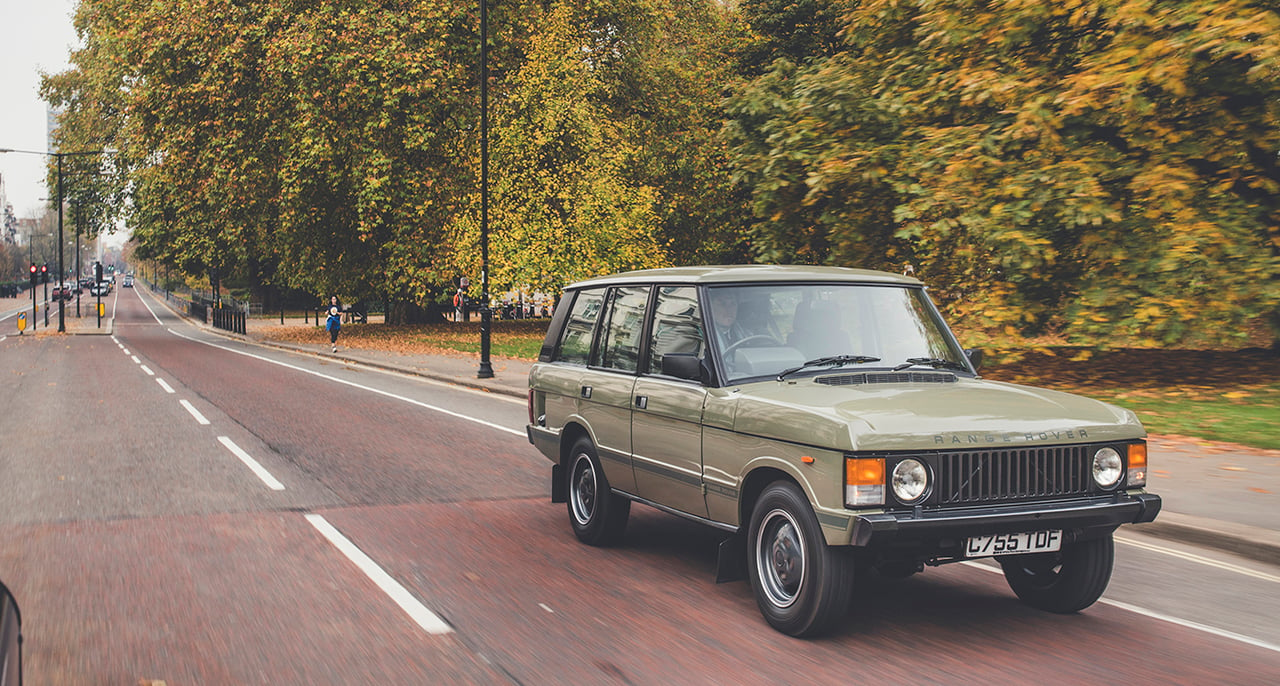
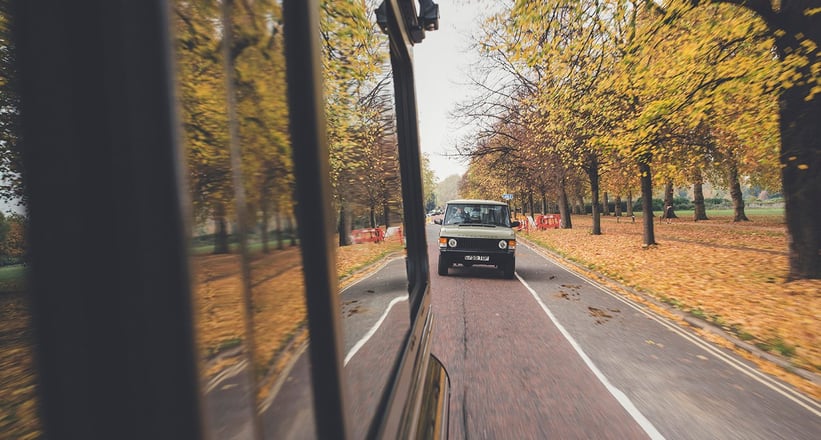
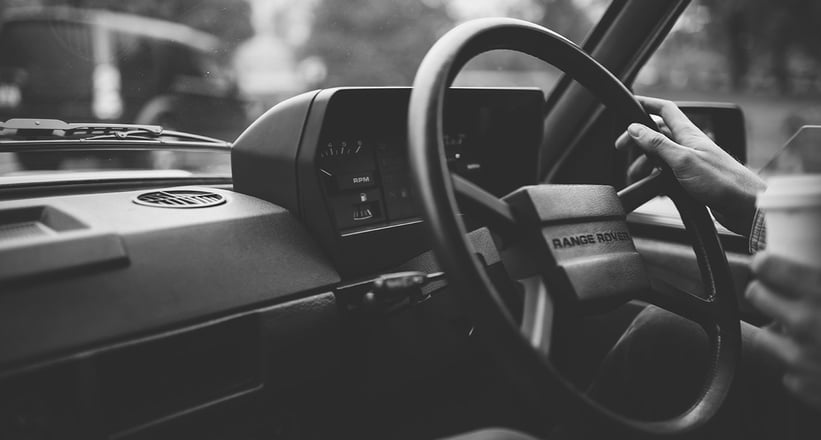
This little-known anecdote adds yet another facet of imperial desirability to the original Range Rover, which established itself as a collector car several years ago and continues to gain popularity. Match that to an original colour scheme fit for a queen (or, more specifically, the future king…), and this example would provide your garage with grace of the more practical variety – no doubt becoming your own loyal servant.
Photos: Amy Shore exclusively for Classic Driver © 2015










































